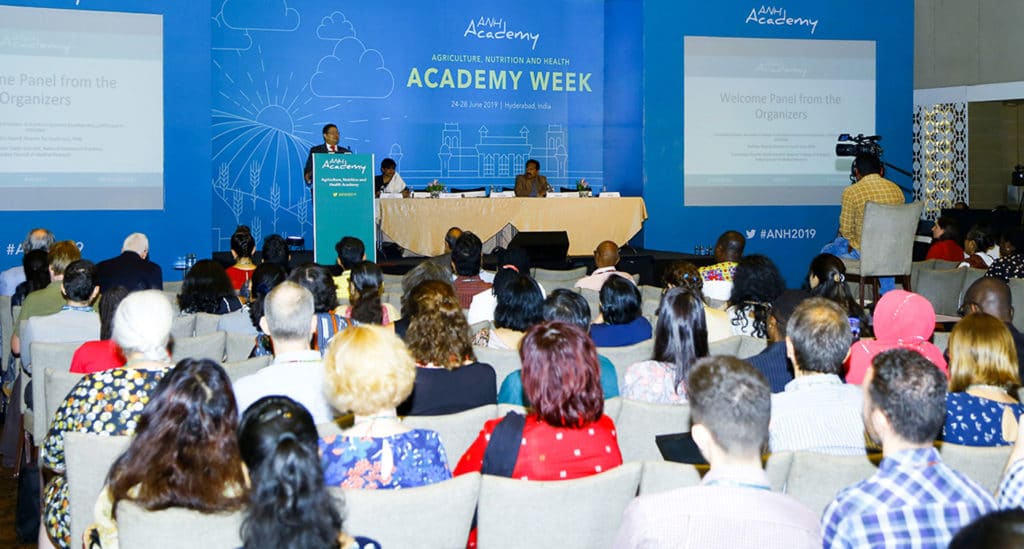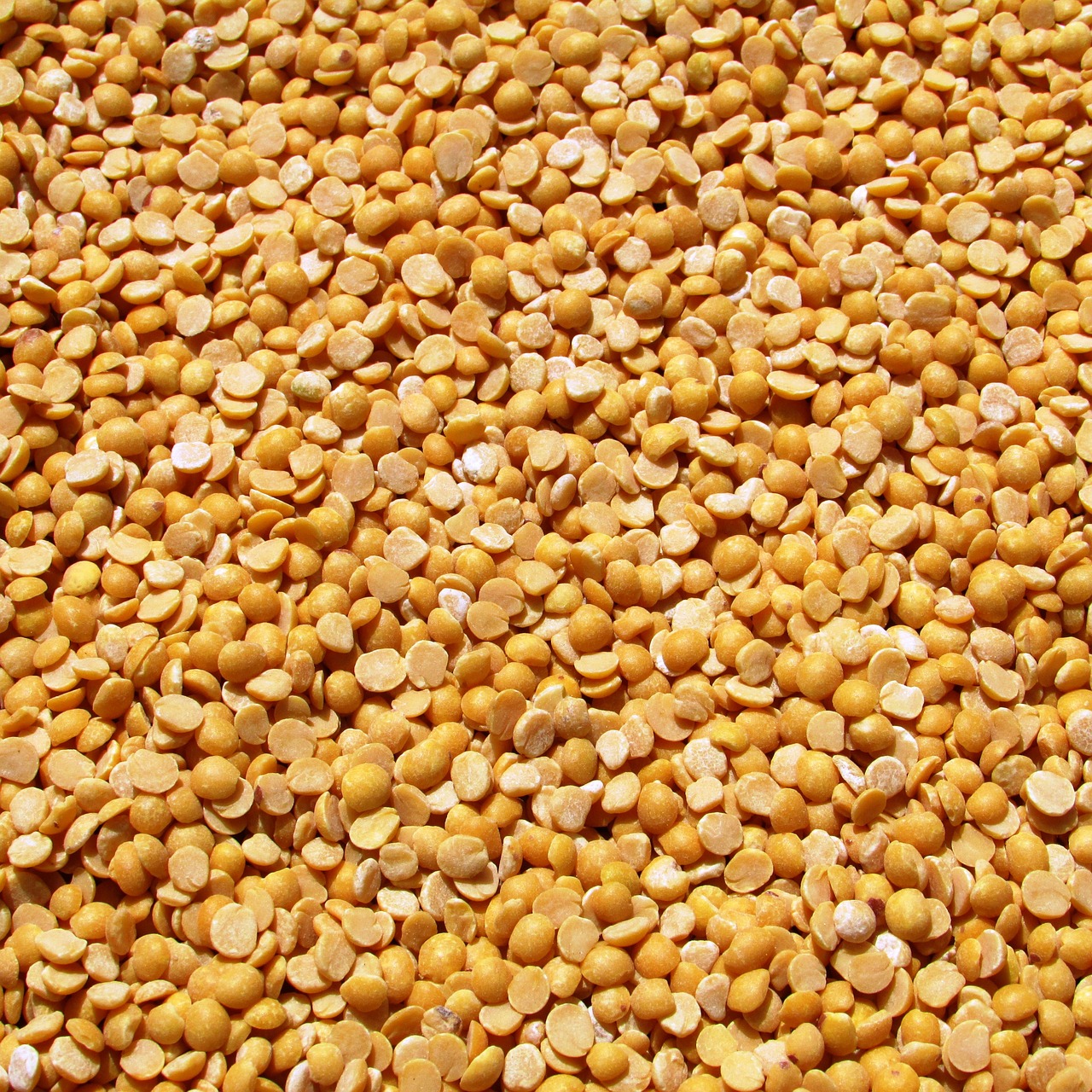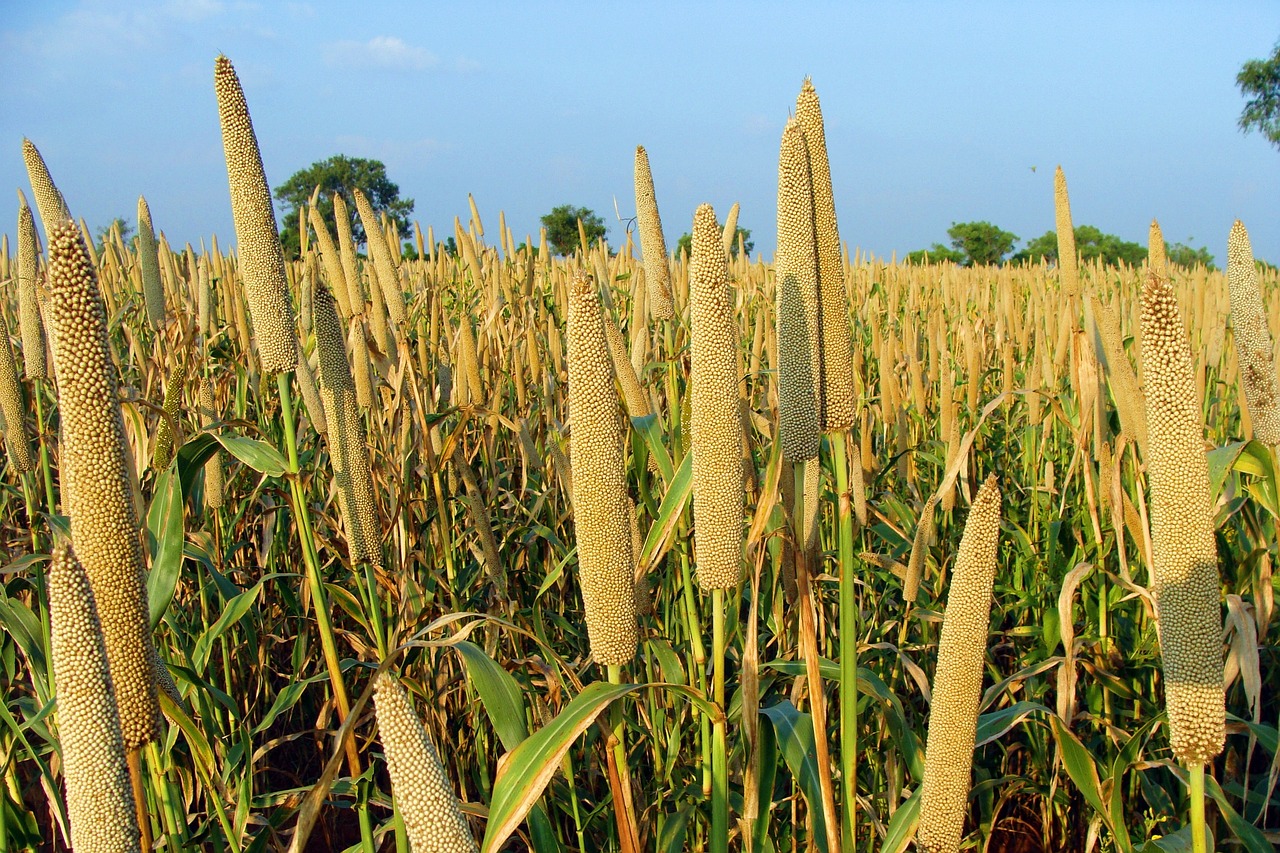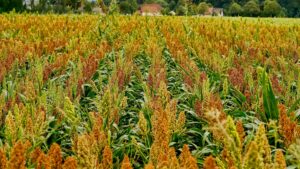Cutting across academic and national borders, over 350 researchers working in agriculture, nutrition and health gathered in India recently to understand and tackle major global challenges to achieving the Sustainable Development Goals (SDGs).
The gathering, Agriculture, Nutrition and Health (ANH) Academy Week, was held during 24-28 June in Hyderabad. The conference aimed to bring global thought leaders together, informed Dr John McDermott, Director of the CGIAR Research Program on Agriculture for Nutrition and Health (A4NH).
“A key goal is to engage and support researchers in these regions, and the geographic proximity enables young researchers to participate and connect with senior figures in their fields from around the world,” Dr McDermott said.
The international conference was organized by the global research network ANH Academy, led by the London School of Hygiene & Tropical Medicine (LSHTM) and A4NH. This year’s Academy Week was held in partnership with the National Institute of Nutrition (NIN), the International Food Policy Research Institute (IFPRI), ICRISAT and other partners.
Challenges pertaining to land, forests, groundwater and rain, and plastics in food systems were discussed during a session chaired by ICRISAT Director General, Dr Peter Carberry. He underlined the role of dryland cereals like millets and sorghum in minimizing the environmental footprint of agriculture while benefitting consumers.
The session ‘Environmental shocks, resource management and sustainable agriculture-food system strategies’ explored interstate cereal trade between Indian states and how healthy diets can reduce land pressure in Nigeria. A research presentation on plastics in food systems was also part of the session.
Highlighting the importance of food and farm diversity, Dr R Padmaja, Senior Scientist, Gender Research, ICRISAT, presented a poster on the Smart Food campaign and Nutri-Basket program.
Speaking about the academy week, Dr Bharati Kulkarni, Deputy Director, NIN, called for more research in the areas of ANH.
“Agriculture, nutrition and health are closely linked but research connecting them all is in nascent stages. There is need for more tools that can facilitate such research,” Dr Kulkarni said.
The learnings from past conferences are known to have helped in improving food safety, supply and quality, besides influencing policy on food distribution systems. Dr Suneetha Kadiyala, Associate Professor at LSHTM pointed out that the SDGs are to be achieved in 11 years and therefore it is important that ANH researchers work together.
Source: The International Crops Research Institute for the Semi-Arid Tropics (ICRISAT)













